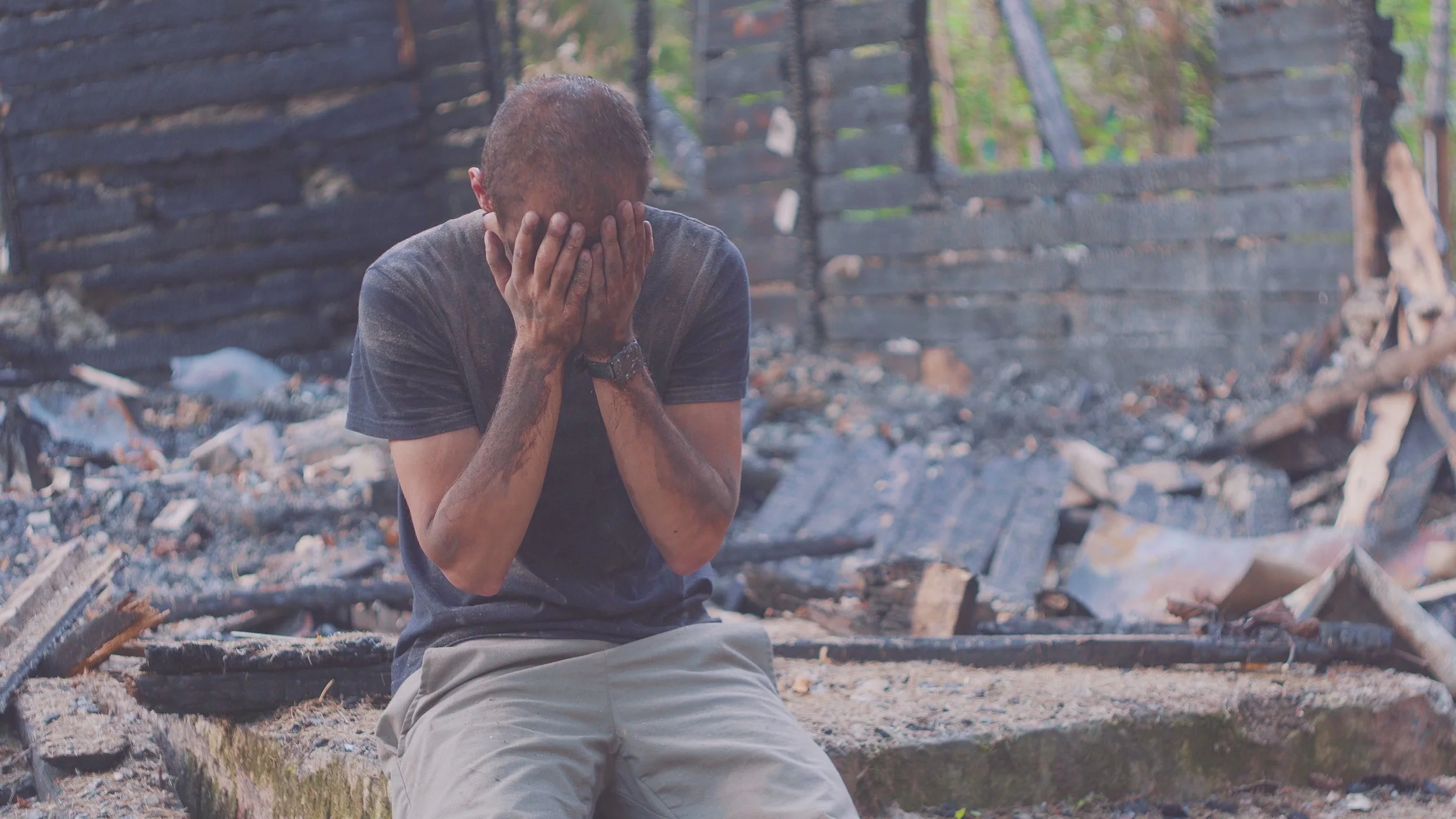Grief comes in many forms. It can stem from personal loss, like the death of a loved one, or from witnessing devastation from afar, such as the destruction caused by natural disasters. Both types of grief share a deep emotional impact and often leave us feeling helpless and unsure of how to move forward or offer support.
The Similarities Between Personal and Distant Grief
Whether you’re grieving a personal loss or mourning alongside communities affected by disasters, the emotions can feel overwhelming. Both experiences may include:
Shock and Disbelief
When a loss occurs suddenly, it’s hard to process the reality of what has happened, whether it’s losing someone close or watching the aftermath of a natural disaster unfold.
Feelings of Helplessness
The inability to fix the situation or ease someone else’s pain can make grief feel even heavier.
Emotional Overload
Both personal and distant grief can bring waves of sadness, anger, and guilt, often making it hard to focus or move forward.
Coping with Grief from Afar
If you’re grieving over events you’ve seen on the news or social media, it’s important to recognize and address your emotions.
Acknowledge Your Feelings
It’s okay to feel sadness or even guilt about being unaffected directly. These emotions are natural and valid.
Control Your Media Intake
Constant exposure to heartbreaking news can intensify feelings of helplessness. Set boundaries to protect your mental health.
Take Meaningful Action
Donate, volunteer, or share resources to help those affected. Even small contributions can make a big difference.
Focus on the Positive
Seek out stories of resilience and recovery to balance the weight of the devastation.
Navigating Personal Grief
Personal loss, while closer to home, shares many emotional parallels with distant grief. Here are some strategies to help:
Lean on Your Support System
Share your feelings with trusted friends, family, or a therapist. Talking about your grief can provide relief and clarity.
Allow Yourself Time
Grief isn’t linear. Give yourself permission to feel your emotions and heal at your own pace.
Honor Your Loss
Find ways to celebrate the person or thing you’ve lost. This could be through journaling, creating a memory box, or participating in rituals that bring you peace.
Turn Pain Into Purpose
Use your experience to help others. Whether it’s volunteering, raising awareness, or simply being there for someone else, helping others can bring healing.
Bridging the Two: Taking Action Through Empathy
Grief from afar and personal grief can intersect when we let our experiences inspire us to take action. For instance:
Donate or Volunteer: Use your resources or skills to support disaster relief efforts.
Create a Tribute: Honor both personal and distant losses by creating something meaningful, such as artwork or fundraising campaigns.
Share Stories: Raising awareness about the struggles of others helps amplify their voices and keeps their stories alive.
Grief, whether personal or distant, reminds us of our shared humanity. It’s a complex but universal emotion that calls for compassion—for ourselves and for others. While you may not always have control over what happens, you can choose how you respond. Whether it’s finding strength in small actions or simply holding space for your feelings, every step you take matters.
If you’re struggling with grief, remember: You don’t have to go through it alone. Support is always available, and healing is possible. 💙
For more tips and support resources, reach out to mental health professionals or local support groups. Together, we can navigate grief and find hope.


